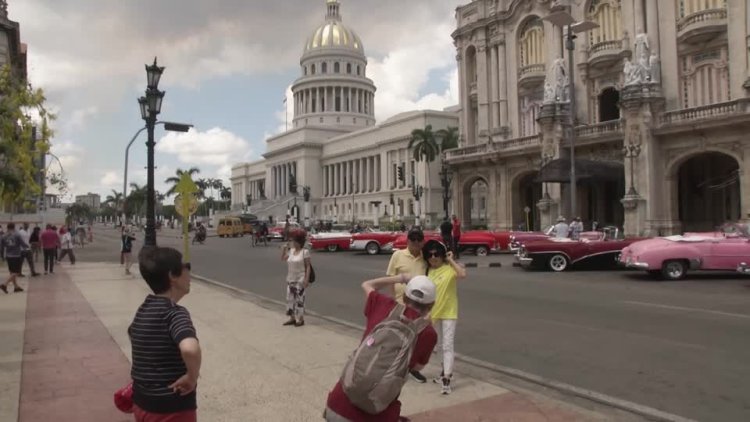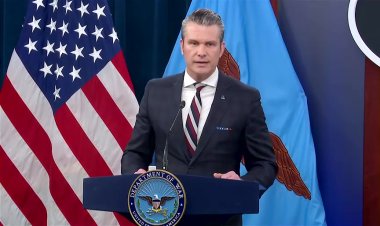Cuba Offers Perks to Boost Tourism from Allies

Cuba has recently begun offering fresh perks to entice visitors from allied countries like Russia and China as it struggles to revive a still stagnant tourism sector struggling to recover from the COVID-19 pandemic.
That has meant more and sometimes direct flights from Russia and China, the elimination of visa requirements for Chinese visitors and Cuba's recent decision to accept Russia's Mir payment cards, one of only a handful of countries to join Moscow's alternative to Visa and Mastercard. That strategy has paid some dividends.
“We were invited to come and consider the Cuban option and we picked it because it's a great country and with good people. We had heard a lot about Cuba. Our countries have been friends for years and, strictly speaking, it's safe here,” said a Russian tourist.
More than 66,000 Russians visited the Caribbean island in the first three months of the year, state-run media has reported, a still modest number but double that of the same period in 2023 and one of few bright spots on the horizon.
Stiff U.S. sanctions imposed by former president Donald Trump contributed to a sharp reduction in U.S. visitors to the island, and arrivals from many European countries have also dropped off this year, state data shows, a gaping hole that Cuba has struggled to fill.
But a growing bet on distant markets - a flight with layovers from Beijing, for example, requires 24 hours or more of travel - may not be enough to make up for a recent decline in visitors from Europe, says Paolo Spadoni, a professor with Augusta University and expert on Cuban tourism.
Spadoni estimates the island will receive between 2.6 and 2.7 million tourists this year instead of its goal of attracting 3.2 million visitors in 2024.















